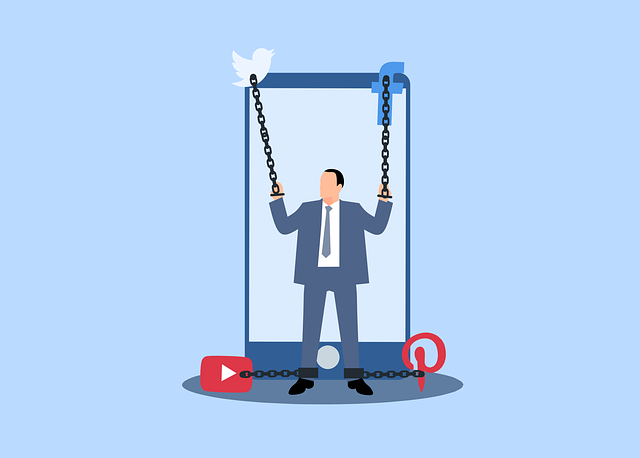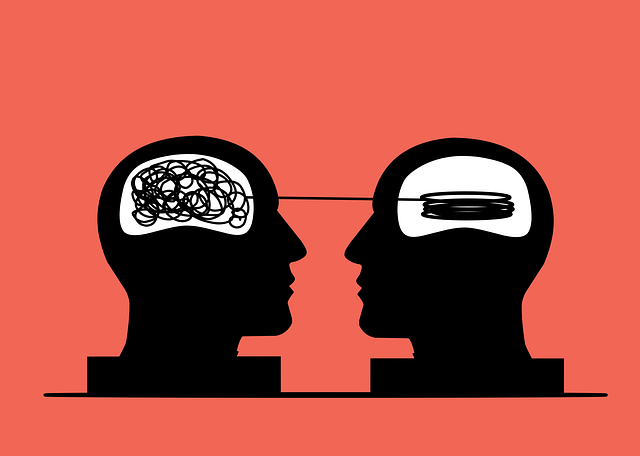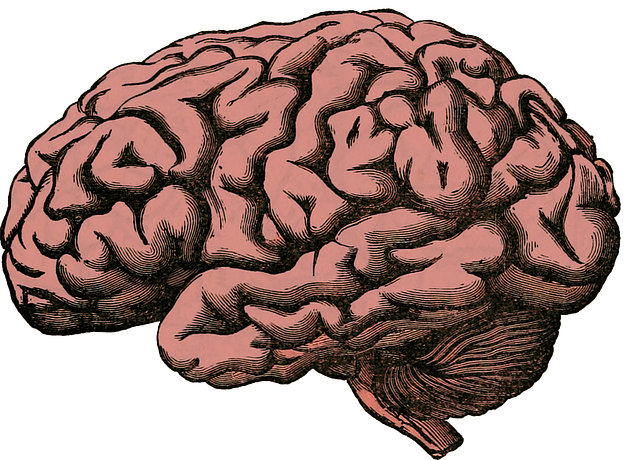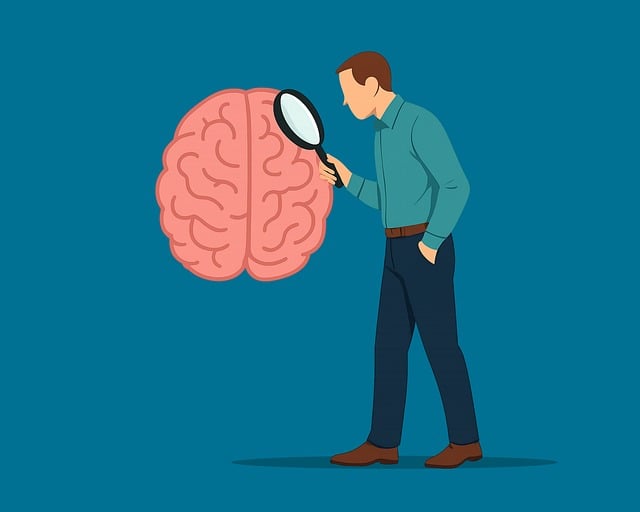Emotional intelligence (EI), guided by Louisville Anxiety Therapy techniques, is a powerful tool for personal and professional success. Through understanding and managing emotions, individuals gain effective communication skills, build stronger relationships, and enhance self-esteem. Techniques like mood management and coping skills development, coupled with mindfulness exercises and journaling, empower people to regulate emotions, navigate triggers, and make balanced decisions under stress. Louisville Anxiety Therapy promotes cultural competency training for empathetic interactions in diverse settings, contributing to stronger community outreach programs and improved mental health practices that prioritize ethical standards and client support.
Emotional intelligence (EQ) is a powerful tool for navigating life’s complexities. Understanding and cultivating EQ can lead to improved relationships, reduced stress, and enhanced well-being. This article explores the fundamental concept of emotional intelligence, offering practical insights from Louisville Anxiety Therapy. We delve into strategies for enhancing EQ in daily life and provide actionable exercises and tools to help you develop these crucial skills. By the end, you’ll be equipped with the knowledge to foster a more balanced and emotionally intelligent life.
- Understanding Emotional Intelligence: The Foundation of Self-Awareness
- Strategies for Enhancing EQ in Daily Life: Louisville Anxiety Therapy Insights
- Practical Exercises and Tools for Developing Emotional Intelligence Skills
Understanding Emotional Intelligence: The Foundation of Self-Awareness

Emotional intelligence (EI) is a crucial aspect of personal and professional success, and its foundation lies in self-awareness—a key component of EI development. Understanding one’s emotions, both internal and external triggers, forms the very core of effective communication and relationship building. This process involves recognizing and acknowledging feelings, understanding their origin, and learning to manage them constructively. For individuals seeking Louisville anxiety therapy or struggling with related mental health concerns, cultivating self-awareness can be transformative. It empowers people to identify the root causes of their emotions, enabling them to make informed decisions and develop healthier coping mechanisms.
Self-esteem improvement is closely tied to emotional intelligence, as it encourages individuals to foster a positive relationship with themselves. By enhancing self-awareness, one can better navigate challenges, overcome insecurities, and build resilience. Additionally, the concept of EI extends beyond personal growth; community outreach program implementation benefits greatly from emotionally intelligent individuals who can connect with diverse groups, fostering understanding and collaboration. Moreover, mental health professionals are encouraged to undergo risk assessment as part of their practice, ensuring they remain equipped to support clients effectively while maintaining ethical standards.
Strategies for Enhancing EQ in Daily Life: Louisville Anxiety Therapy Insights

Incorporating emotional intelligence (EQ) into your daily routine can be immensely beneficial, and Louisville Anxiety Therapy offers valuable insights on this journey. One effective strategy is to practice mood management techniques. This involves recognizing and regulating your emotions, ensuring they don’t control your actions. Simple mindfulness exercises like deep breathing or short meditation sessions can help individuals gain a momentary pause, allowing them to respond thoughtfully rather than reacting impulsively.
Additionally, coping skills development is essential for maintaining EQ. Engaging in regular self-awareness exercises, such as journaling or reflective walks, enables individuals to understand their emotional triggers and patterns. By doing so, one can proactively manage stressful situations and make more balanced decisions, fostering better relationships and a healthier mind. Louisville Anxiety Therapy recommends these practices as practical ways to enhance EQ and overall well-being.
Practical Exercises and Tools for Developing Emotional Intelligence Skills

Developing emotional intelligence (EI) involves practical exercises that can be integrated into daily routines. One effective tool is Mindfulness Meditation, which encourages individuals to focus on the present moment, observe their emotions without judgment, and cultivate a deeper understanding of their inner experiences. Regular meditation practice has been linked to reduced anxiety levels, enhanced self-awareness, and improved regulation of emotional responses, all core aspects of EI.
Additionally, Stress Management techniques play a crucial role in building EI. Techniques like deep breathing exercises, progressive muscle relaxation, and cognitive reframing help individuals navigate intense emotions constructively. These practices are often taught by Louisville Anxiety Therapy professionals who specialize in helping clients develop healthier coping mechanisms. Incorporating such tools into self-care routines not only enhances emotional intelligence but also contributes to overall well-being. Furthermore, Healthcare Provider Cultural Competency Training can equip individuals with the skills to understand and appreciate diverse perspectives, fostering more empathetic and effective interactions in both personal and professional settings.
Building emotional intelligence (EQ) is a powerful tool for personal growth, especially through the guidance of Louisville Anxiety Therapy. By understanding the foundation of self-awareness and employing practical exercises, individuals can navigate their emotions more effectively. The strategies outlined in this article offer tangible ways to enhance EQ in daily life, ultimately fostering better relationships and mental well-being.














